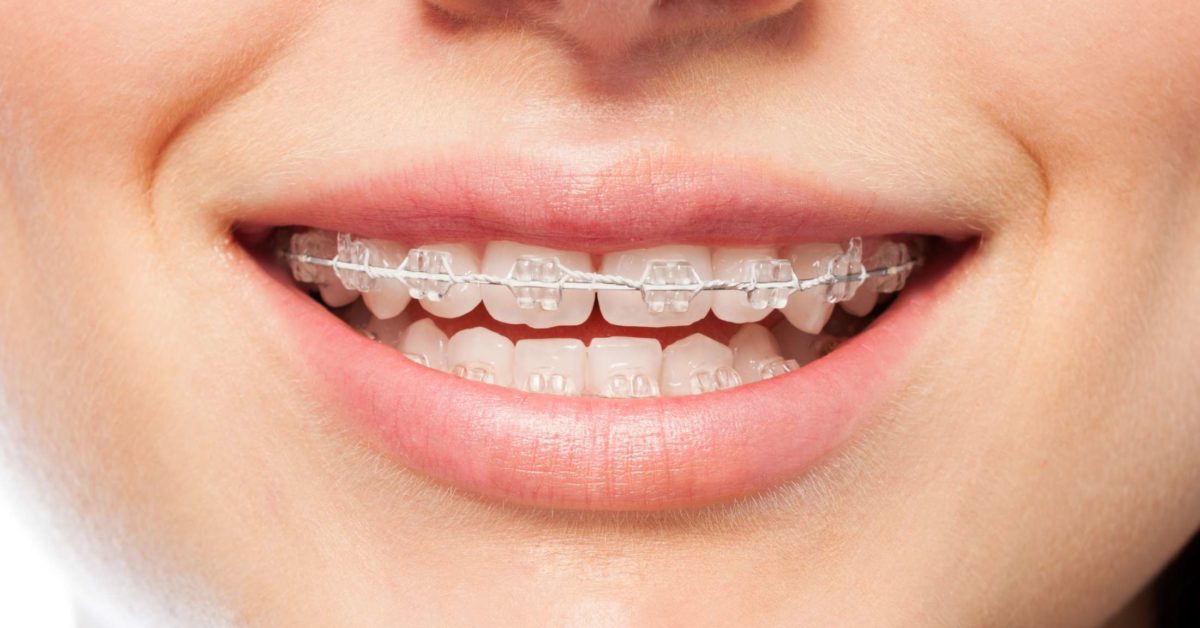I couldn’t process your entry.
Please reload and retry in a moment.
Please reload and retry in a moment.
Please reload and retry in a moment.
29th Dec 2020

Regardless of your age and the state of your dental health, uneven and crooked teeth can be a real issue. Your self-confidence can suffer the most because deformed and unevenly placed teeth are viewed as unattractive. Even if you maintain proper teeth care, it wouldn’t stop some people from making unfavorable judgments about uneven teeth. That’s why braces exist. They are the best option to get a perfect smile. Installing braces may seem like a disheartening experience. But it doesn’t have to be like that. With the proper knowledge and recommendations, dental braces can be a piece of cake.
These tips to some of the most essential things to know about dental braces will help you get ready for getting them.
1. You can have braces regardless of your age
Most people associate dental braces with teens because most of us start to fix our crooked teeth at this age. There’s no age restriction for this type of dental treatment though, so don’t let misconceptions and cliches confuse you. You can have braces to fix crooked teeth at any stage of your life, the only thing that your teeth and gumline have to be healthy and strong enough.
Braces can be tough on your gums, that’s why you’re required to have strong and healthy gum tissue if you want to install them. It is starting to be frequent for adults to have braces. The majority of people required corrective treatment at a young age, but their parents could not make that happen. They go for braces in adult age to correct the misaligned teeth that get in the way of their self-esteem.
2. You may also need to fix your bite
While checking whether you have straight teeth, the specialist will make sure to determine if your bite is correct. The ‘bite’ is what happens when you clench both rows of teeth and then open your mouth again. Your teeth rows should meet while not grinding or causing too much friction. There shouldn’t be any gaps anywhere between your two rows of teeth when they closed. An incorrect bite can lead to bruxism and TMJ disorder and cause problems with chewing and speaking if neglected.
3. The orthodontist is an expert
It may be hard to know the difference between orthodontists and regular dental specialists. Good orthodontic experts are particularly qualified in dental movements and the functions of the jaws. This type of specialist is trained the same as a regular dentist, but he specializes in teeth movements in your mouth. That’s why this specialist is occupied with prescribing, installing, and managing your braces.
Sometimes the dentist can offer to install braces himself, but keep in mind that dentists don’t have the necessary training. It’s possible that the dentist can install the braces wrong and you’ll have to spend additional money for correction. So choose a proper specialist to do the procedure from the start.
4. You’ll feel some pain
Wearing and getting accustomed to braces is not a painless thing to do. While the actual fitting barely even causes any pain, the new sensations and pressure against your teeth will lead to irritation and discomfort. You may have micro-wounds on the surface of your gumline and lips due to having so many artificial materials near the tissues. All discomfort should fade after a few weeks.
The bottom line
If you’ve recently installed braces and experience issues adjusting, consult with your orthodontist. It is his duty to help you get past the first stages of having braces. Don’t hesitate to ask questions, explain your concerns, and tell him about any discomfort you might experience. The process of fixing your teeth will be significantly easier if you consult with your specialist and visit for regular dental adjustment procedures.